In 2024, the total import-export turnover between Vietnam and Japan will reach 46.23 billion USD. Of which, Vietnam's exports to Japan will reach about 24.61 billion USD.
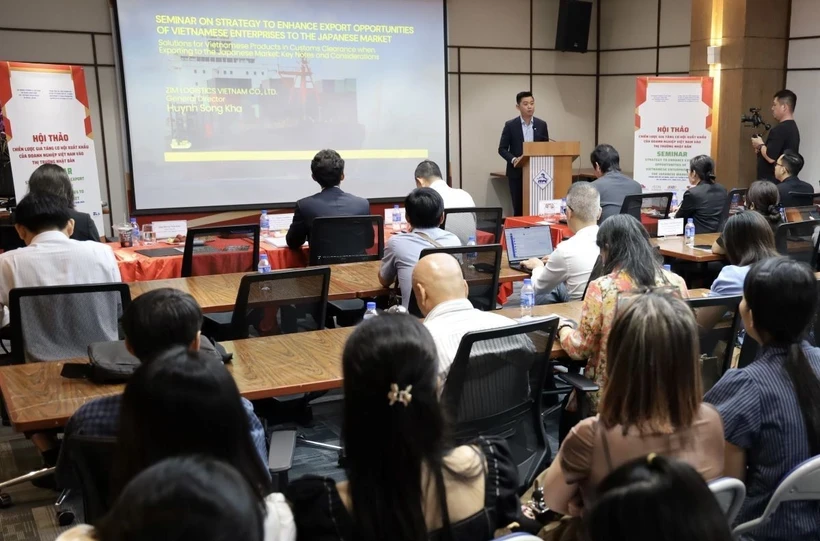
The Japanese market still has a lot of room for Vietnamese exports, especially consumer goods and agricultural products. However, to exploit this effectively, businesses must meet strict quality standards and overcome high competitive pressure.
This is the content shared by experts at the workshop "Strategy to increase export opportunities of Vietnamese enterprises to the Japanese market" organized by the Ho Chi Minh City Investment and Trade Promotion Center (ITPC) in coordination with the Vietnam Trade Office Branch in Osaka, Japan and other units in Ho Chi Minh City, on June 25.
Mr. Tran Phu Lu, Director of ITPC, informed that in recent years, Vietnam - Japan economic relations have been developing strongly, becoming a pillar in the relationship between the two countries.
Vietnam is Japan's 7th largest export partner and 9th largest import partner. Vietnam and Japan still have a lot of room for trade cooperation as they have 4 bilateral and multilateral free trade agreements.
In 2024, the total import-export turnover between Vietnam and Japan will reach 46.23 billion USD. Of which, Vietnam's exports to Japan will reach about 24.61 billion USD, with key export items including textiles and garments; means of transport and spare parts; machinery, equipment, tools; wood and wood products, furniture, and plastic products.
In the opposite direction, Japan also exported to Vietnam about 21.62 billion USD, with main groups of goods such as computers, electronic products and components; machinery, equipment, tools, spare parts; iron and steel; phones of all kinds and components.
According to Mr. Tran Phu Lu, Vietnam-Japan trade relations are expected to continue to maintain growth momentum in the coming time. Japan is not only an important export market but also a source of modern technology and industrial equipment for Vietnam.
Increasing the export of high-value items such as computers, electronic components and processed industrial products will be a strategic direction in the coming time. On the other hand, Japanese enterprises also have the opportunity to expand investment and supply high-quality products to Vietnam.
“Japan, with a population of over 120 million and increasing import demand, is a potential export market for Vietnamese goods. However, to make the most of the opportunity, Vietnamese enterprises need to improve product quality, update market knowledge, proactively build sustainable development strategies and expand international cooperation. Proactive and flexible approaches will help Vietnamese enterprises increasingly affirm their position in the Japanese market, contributing to increasing export turnover,” Mr. Tran Phu Lu recommended.
Ms. Quyen Thi Thuy Ha, Head of the Vietnam Trade Office in Osaka (Japan) commented: In terms of economic structure, Vietnam and Japan are complementary to each other, not directly competitive, with similar cultures and close geographical distance. The Vietnamese community in Japan also plays an important role with many exchange and trade activities that facilitate cooperation between the two sides. The signal of Japan's import growth shows that domestic demand is still strong, however, Vietnam only accounts for about 3.3% of the total import-export turnover to the Japanese market.
“Japan is a highly competitive market with strict quality standards; Japanese consumers particularly favor products with clear quality, durability, safety and origin. Despite being loyal to brands, Japanese people are still willing to try new products that offer superior value,” Ms. Quyen Thi Ha emphasized.
The current prominent consumer trend in the Japanese market is to prioritize environmentally friendly, recyclable and plastic-free products.
In addition, the fields that are attracting attention are clean, safe food with clear origin; beauty and personal care products; technology products and household utilities; services and products for the elderly.
The development of e-commerce platforms such as Rakuten and Amazon Japan has also strongly promoted online shopping. In terms of personalized consumption, Japanese people especially choose products designed specifically for each age, gender, etc.
Regarding opportunities for Vietnamese goods, Ms. Quyen Thi Ha focused on two key industries: textiles - footwear and agricultural products. Accordingly, the Japanese textile - footwear market is large, about 55 - 60 billion USD and depends mainly on foreign supplies with an import ratio of up to 98.5% in quantity.
Vietnam is the second largest supplier of garments and footwear to Japan, accounting for 17.2% of the market share, after China. Since the RCEP Agreement came into effect, Vietnam's textile and footwear exports to Japan have recorded a growth of more than 25%.
Regarding agricultural products, Japan has a high demand for safe and organic agricultural products, especially Vietnam's strong products that Japan does not have favorable cultivation conditions for, such as coffee, cashew nuts, tropical fruits and vegetables. Japan's import turnover of this group of products is growing strongly.
Notably, Japan's coffee bean imports in 2024 increased by 20.2% compared to 2023; while cocoa and cocoa product imports skyrocketed by 115%.
The force of more than 634 thousand Vietnamese people living and working in Japan is also a group of potential consumers for Vietnamese food. To be successful in the Japanese market, businesses need to seriously invest in quality, thoroughly research the market, understand the culture and proactively build sustainable relationships with local partners.
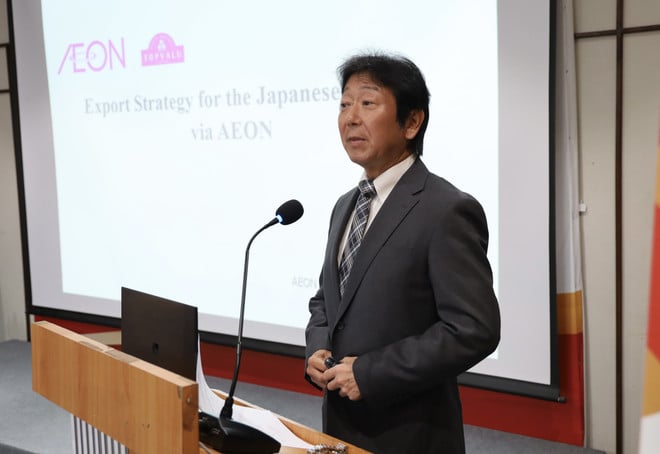
From the perspective of a Japanese purchasing and distribution unit, Mr. Shiotani Yuichiro - General Director of AEON TOPVALU Vietnam Co., Ltd. said that AEON pays special attention to sustainable values and social responsibility.
Specifically, AEON prioritizes trading products with prestigious international certifications such as sustainable fishing certification (MSC), responsible aquaculture certification (ASC), and sustainable forest management certification (FSC).
To become an official partner of AEON, suppliers targeting the domestic and ASEAN markets must meet requirements such as being established for at least 1 year, having the capacity to produce according to the design and requirements of the ordering party and wishing to cooperate with AEON.
For partners aiming to export to the Japanese market, the conditions will be higher, such as requiring 5 years of operating experience, owning a private factory, having export experience, and being able to submit financial reports of the last 2 periods.
In addition, labor, safety, environmental and business ethics standards are also issues of concern.
“Vietnamese enterprises without export experience can take the first steps by becoming strategic partners, working with AEON to bring quality products to consumers. Through AEON's extensive supermarket system, Vietnamese enterprises can easily seize the opportunity to not only conquer the Japanese market but also reach out to the international market,” Mr. Shiotani Yuichiro added./.
Source: https://baolangson.vn/ho-tro-doanh-nghiep-mo-rong-kinh-doanh-voi-thi-truong-nhat-ban-5051146.html


![[Photo] General Secretary To Lam works with the Standing Committee of Quang Binh and Quang Tri Provincial Party Committees](https://vphoto.vietnam.vn/thumb/1200x675/vietnam/resource/IMAGE/2025/6/25/6acdc70e139d44beaef4133fefbe2c7f)
![[Photo] More than 124,000 candidates in Hanoi complete procedures for the 2025 High School Graduation Exam](https://vphoto.vietnam.vn/thumb/1200x675/vietnam/resource/IMAGE/2025/6/25/fa62985b10464d6a943b58699098ae3f)
![[Photo] First training session in preparation for the parade to celebrate the 80th anniversary of National Day, September 2nd](https://vphoto.vietnam.vn/thumb/1200x675/vietnam/resource/IMAGE/2025/6/25/ebf0364280904c019e24ade59fb08b18)



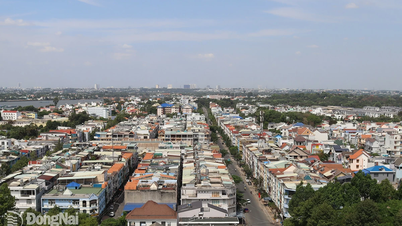





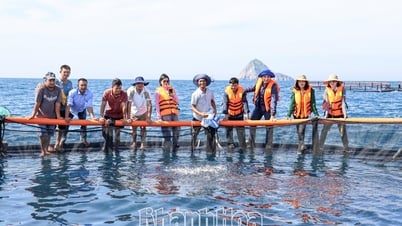
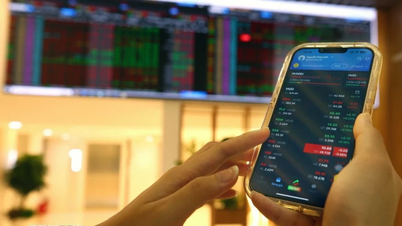






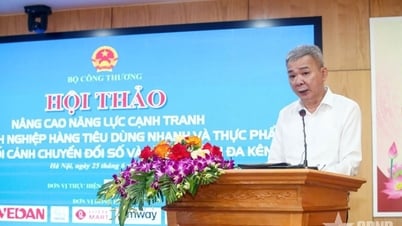
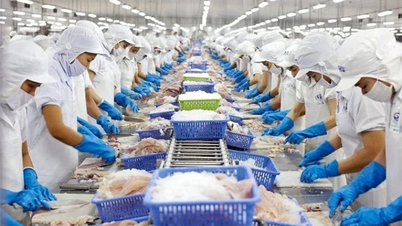
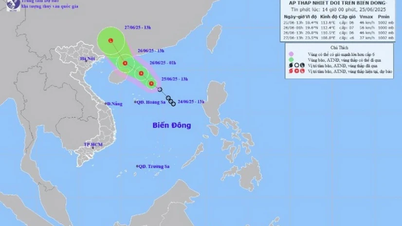
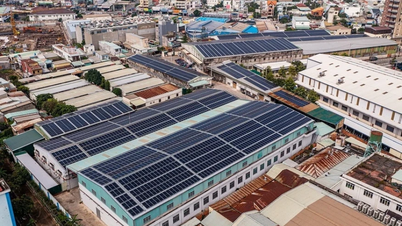














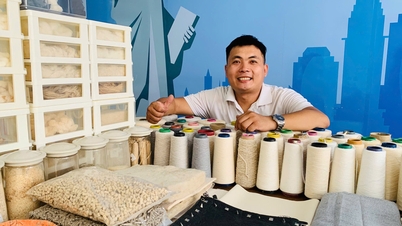

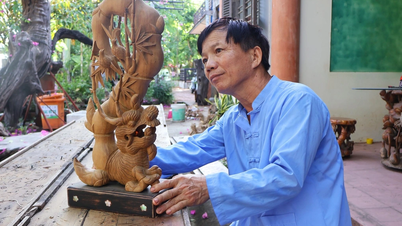

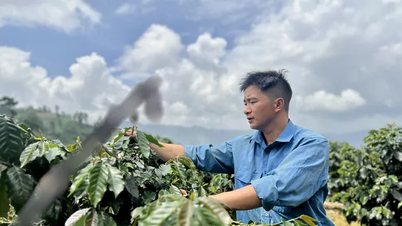

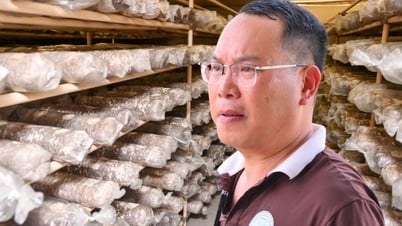














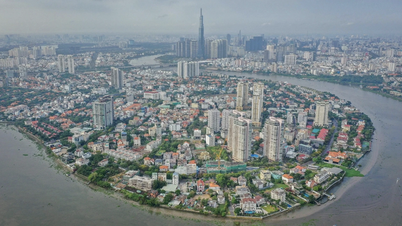











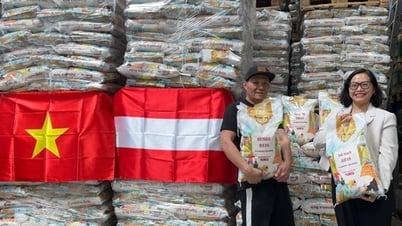



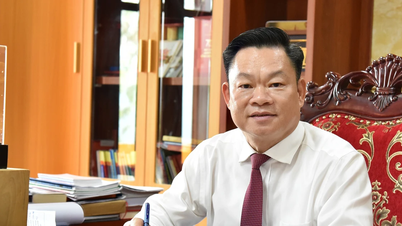





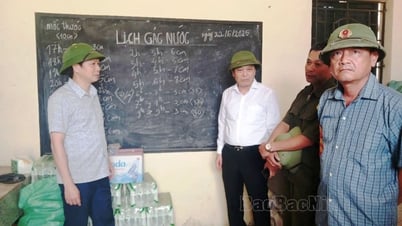





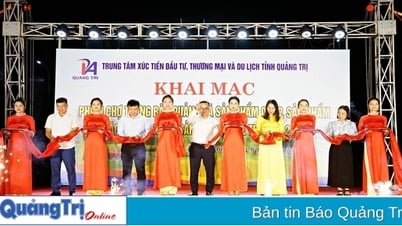











Comment (0)